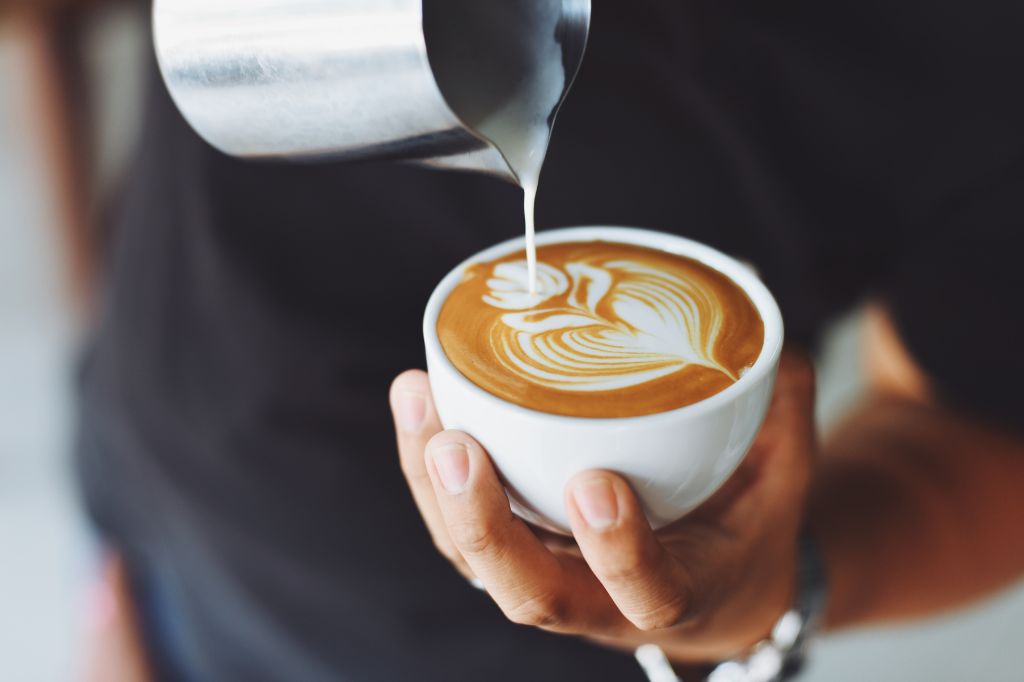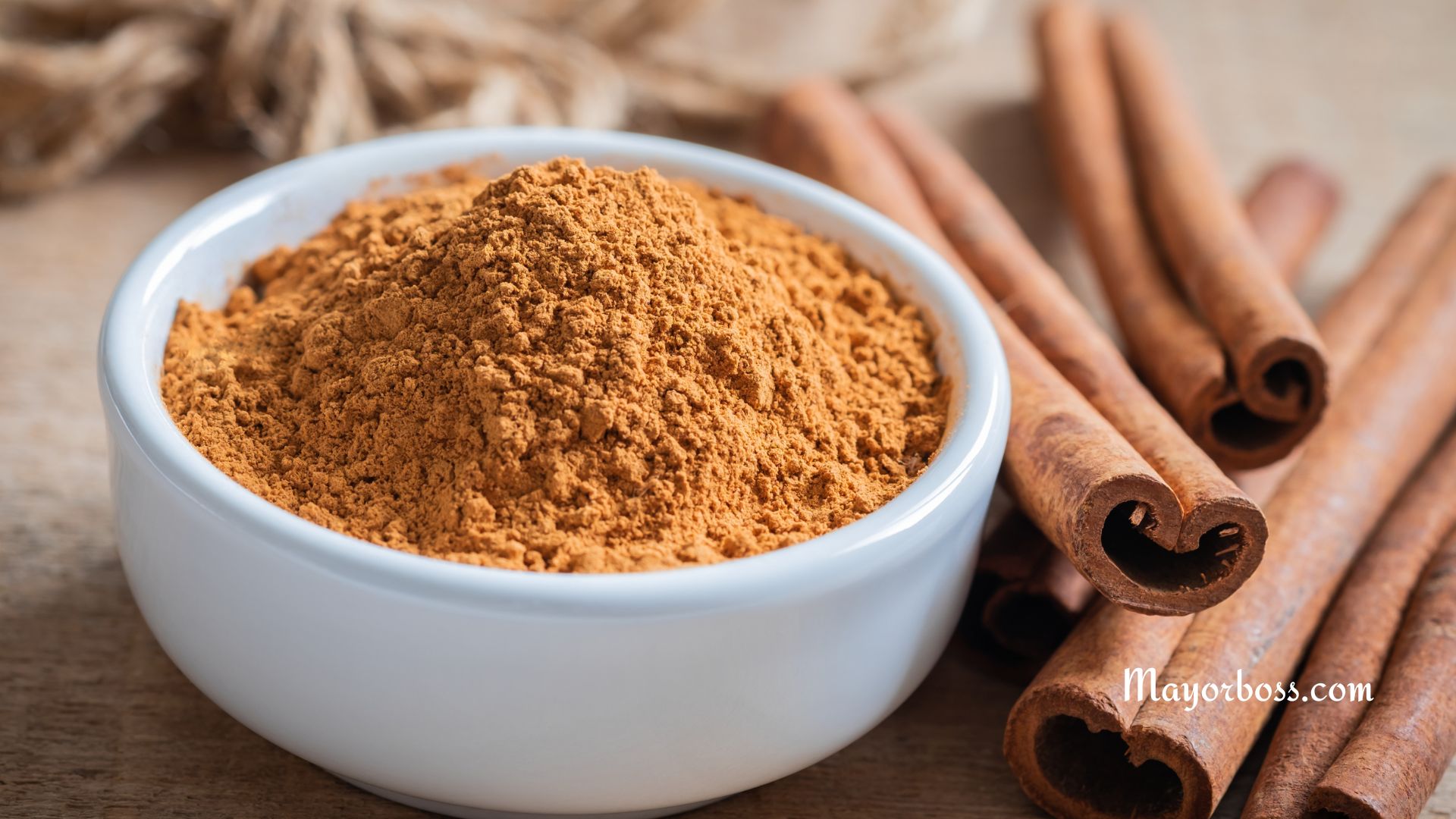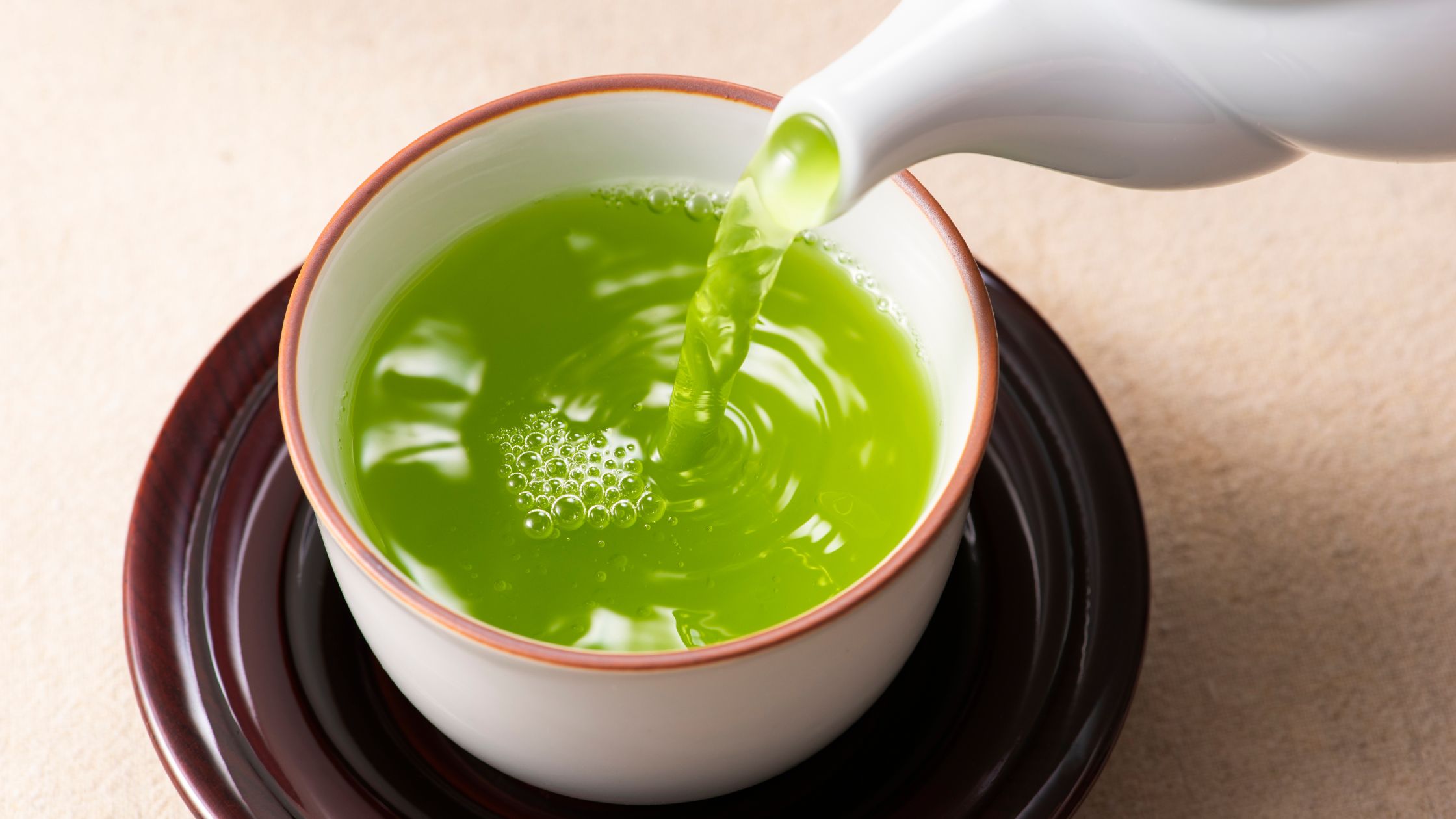7 Things That Happen to Your Body When You Drink Coffee Every Day
Coffee is one of the most popular beverages in the world, and for a good reason. Not only does it taste great, but it can also give you a much-needed energy boost when you’re feeling sluggish. But did you know that there are also some potential health benefits to drinking coffee every day? Read on to learn more about what happens to your body when you make coffee a part of your daily routine.
1. You’ll get a boost of energy.
Coffee contains caffeine, a natural stimulant that’s been shown to improve mental alertness and increase physical endurance. Caffeine blocks adenosine, a brain chemical that makes you feel tired. When adenosine is blocked, you have more energy and feel less fatigued.
Regularly drinking coffee has been shown to increase alertness, improve mental performance and sharpen reaction time – three must haves for a productive day ahead!
DR. MAYOR BOSS, PHD
2. You’ll have increased brainpower.
In addition to providing an energy boost, caffeine also helps improve your cognitive function by increasing dopamine levels in the brain. This leads to improved focus, attention span, and reaction time. Remember this the next time you’re pulling an all-nighter studying for exams!
Also Read: 7 Foods Linked To Better Brainpower
3. Your metabolism gets a boost.
Coffee can help to increase your metabolism because of its caffeine content. Caffeine helps to stimulate thermogenesis, which is the production of heat in your body. This process uses more energy, which means your body is burning more calories. Most of all, caffeine helps to break down fat cells, which can lead to weight loss.
4. You may need to urinate more frequently.
Coffee contains caffeine, which is a diuretic. This means that it causes your body to produce more urine. If you drink too much coffee, you may find yourself making frequent trips to the bathroom. This isn’t necessarily a bad thing; in fact, it can actually be helpful if you’re trying to expel toxins from your body or lose weight (as long as you’re replenishing fluids).
Also Read: How To Stop Waking Up At Night To Pee
5. You’ll lower your risk of death from cardiovascular disease.
Regular coffee drinkers have a lower risk of dying from cardiovascular disease than those who don’t drink coffee. Research published by the European Society of Cardiology showed that people who drank two or three cups of coffee per day had a 20% lower risk of death from cardiovascular disease than those who didn’t drink coffee.
6. You’ll be at reduced risk for developing certain diseases.
A study published in PLOS Medicine has shown that regular coffee drinkers have a lower risk of developing dementia and stroke. Coffee consumption has also been linked with a lower risk of developing Parkinson’s disease. Moreover, some studies suggest that coffee has antioxidant properties that can help protect your body from type 2 diabetes.
In addition, some research suggests that coffee drinkers may have a reduced risk of developing some types of cancer, including breast cancer and endometrial, liver, oral, and colon cancer. However, more research is needed in this area before any definitive conclusions can be drawn.
7. You’ll live longer
That’s right. Coffee drinkers have a lower risk of death than those who don’t drink coffee. Many studies have shown that coffee drinkers have a 17-22% lower risk of death from all causes. Coffee is packed with antioxidants and nutrients that can protect your body against disease. So, if you’re looking to improve your longevity, start drinking coffee!
Frequently Asked Questions About Drinking Coffee

Where does coffee come from?
Coffee comes from coffee beans, which are actually the pits of berries that grow on vines in tropical climates like Central and South America, Africa, and Southeast Asia. The beans are roasted and then ground into a fine powder, which is used to brew coffee.
What are the different types of coffee?
There are two main types of coffee: Arabica and Robusta. Arabica beans make up about 75% of the world’s coffee production and are known for their sweeter taste and lower caffeine content. Robusta beans, on the other hand, have a more bitter taste and contain twice as much caffeine as Arabica beans.
How much caffeine is in coffee?
The caffeine content in coffee can vary depending on the type of bean used, the brewing method, and the size of the serving. On average, an 8-ounce cup of brewed coffee contains 95 mg of caffeine. For comparison, an 8-ounce cup of tea contains 47 mg of caffeine, and a 12-ounce can of cola contains 35 mg of caffeine.
What are the health benefits of drinking coffee?
Coffee drinkers have been shown to have a lower risk of death from cardiovascular disease, cancer, stroke, diabetes, Alzheimer’s disease, and other causes. Coffee is also a good source of antioxidants and has been shown to improve cognitive function and memory.
Are there any risks associated with drinking coffee?
Drinking too much coffee can lead to insomnia, anxiety, irritability, upset stomach, rapid heartbeat, and increased urination. Pregnant women should limit their intake of caffeine to 200 mg per day (about 2 cups of brewed coffee), according to the American College of Obstetricians Gynecologists (ACOG). Children should not consume more than 2.5 mg per pound body weight per day (about 1/2 cup for a 10-pound child). Adults should not consume more than 400 mg per day (about 4 cups). Exceeding these limits can lead to serious health problems.
How can I make my own cup of delicious coffee?
Making your own cup of joe at home is easy! Just follow these simple steps:
- Heat water until it reaches a boiling point;
- pour fresh cold water into your mug until it’s about ¾ full;
- add 2 tablespoons of ground coffee for every 6 ounces of water;
- stir well and let steep for 3-5 minutes;
- add milk or cream if desired;
- enjoy!






